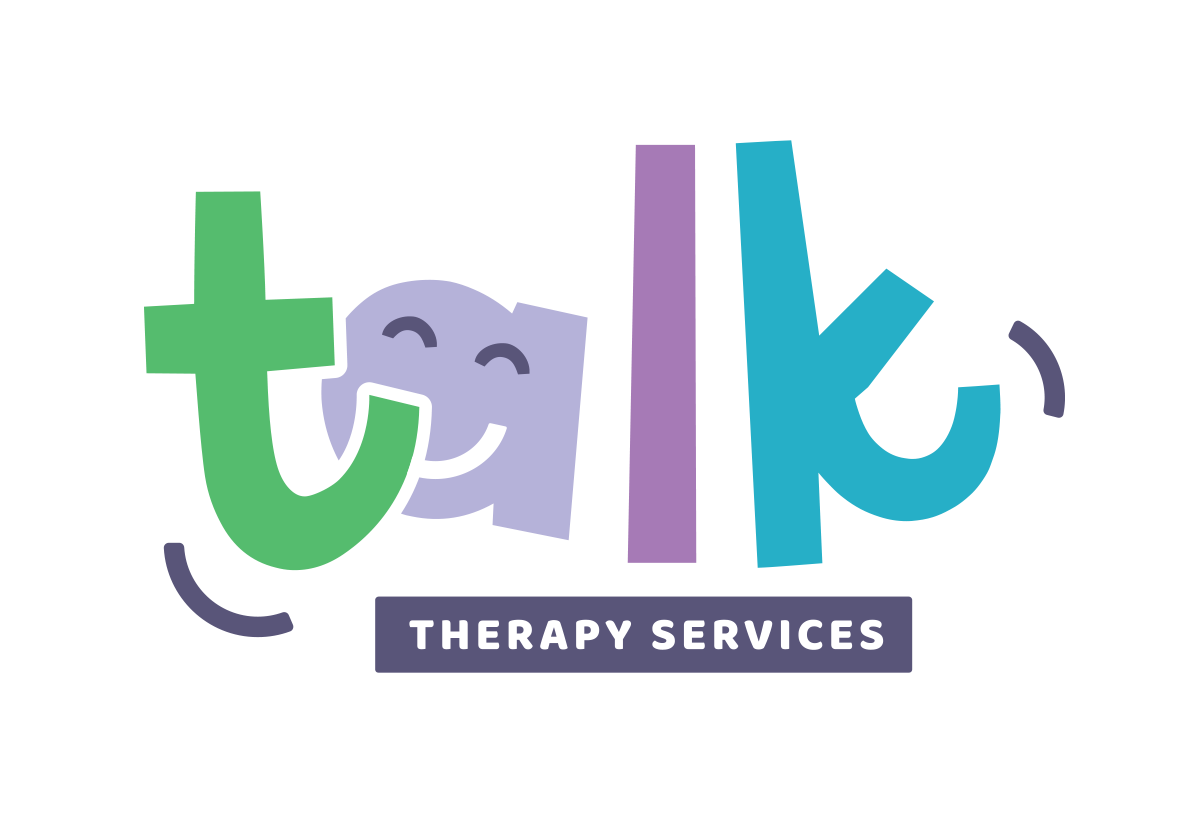Celebrating Diversity: Incorporating December Holidays into Speech Therapy Sessions
The holiday season in December is a wonderful time to introduce a variety of cultural celebrations into speech therapy sessions. By acknowledging different holidays, speech therapists can create an inclusive and engaging environment that not only enhances communication skills but also fosters cultural awareness and respect. Here are some creative ways to incorporate a variety of December holidays into your speech therapy sessions.
1. Holiday-Themed Vocabulary Expansion
Introduce new vocabulary words related to various December holidays, such as Hanukkah, Christmas, Kwanzaa, Diwali, and others. Use picture cards, flashcards, or interactive digital tools to teach words like "dreidel," "menorah," "kinara," "Santa Claus," "candle," and "gift." Encourage students to use these words in sentences, stories, or conversations.
2. Holiday Storytelling
Reading or creating stories about different holiday traditions can be a powerful way to improve language skills. Select stories that highlight different cultural celebrations and discuss the themes, characters, and key events. You can also encourage students to create their own holiday stories, which can help with narrative structure, sequencing, and expressive language.
3. Crafting and Describing Holiday Symbols
Incorporate holiday-themed crafts into your sessions, such as making paper menorahs, decorating Christmas ornaments, or creating Kwanzaa mats. As students work on these crafts, prompt them to describe the materials they are using, the steps they are following, and the significance of the symbols they are creating. This activity promotes both fine motor skills and descriptive language.
4. Holiday-Themed Role Play
Role-playing different holiday scenarios can be an effective way to practice social language skills. Set up a mock holiday party where students can practice greeting others, giving and receiving gifts, or sharing holiday traditions. You can also role-play common holiday scenarios, such as shopping for gifts or preparing for a holiday feast, to work on conversational skills, turn-taking, and problem-solving.
5. Music and Movement
Incorporate holiday songs and dances into your sessions to enhance auditory processing, rhythm, and motor coordination. Choose songs from different holidays, like "Jingle Bells," "O Hanukkah," or "The Seven Days of Kwanzaa," and encourage students to sing along, clap, or dance. This activity can be particularly engaging for younger children and those with sensory needs.
6. Holiday-Themed Games
Games are a fun way to reinforce speech and language goals while celebrating the holidays. Create holiday-themed bingo, memory, or matching games using images and words related to various December celebrations. These games can help with vocabulary development, memory, and attention skills.
7. Discussing Family Traditions
Encourage students to share their own family holiday traditions, which can be a great way to build rapport and practice conversational skills. You can also create a “holiday traditions” book, where each student contributes a page about their family’s celebrations. This activity promotes expressive language and helps students learn about cultural diversity.
8. Holiday Recipes and Cooking Activities
Incorporate simple holiday recipes or cooking activities into your sessions. Discuss the steps involved in making holiday treats like Christmas cookies, Hanukkah latkes, or Kwanzaa fruit salad. This can help with sequencing, following directions, and vocabulary. If cooking isn’t feasible, you can use visual recipes or play-based cooking activities.
9. Cultural Exploration
Take time to explore the significance and history behind each holiday. Use maps, videos, or books to show where and how different holidays are celebrated around the world. This can lead to rich discussions and opportunities to practice both receptive and expressive language skills.
10. Inclusive Holiday Celebrations
Finally, make sure to create an inclusive environment where all students feel welcome to share their holiday experiences. Be mindful of students who may not celebrate any holidays, and offer alternative activities that focus on winter or seasonal themes rather than specific holidays.
By incorporating a variety of December holidays into your speech therapy sessions, you can create a rich, culturally diverse learning experience that not only meets speech and language goals but also helps students gain a deeper understanding of the world around them. Embrace the holiday spirit and enjoy the learning opportunities this season brings!

